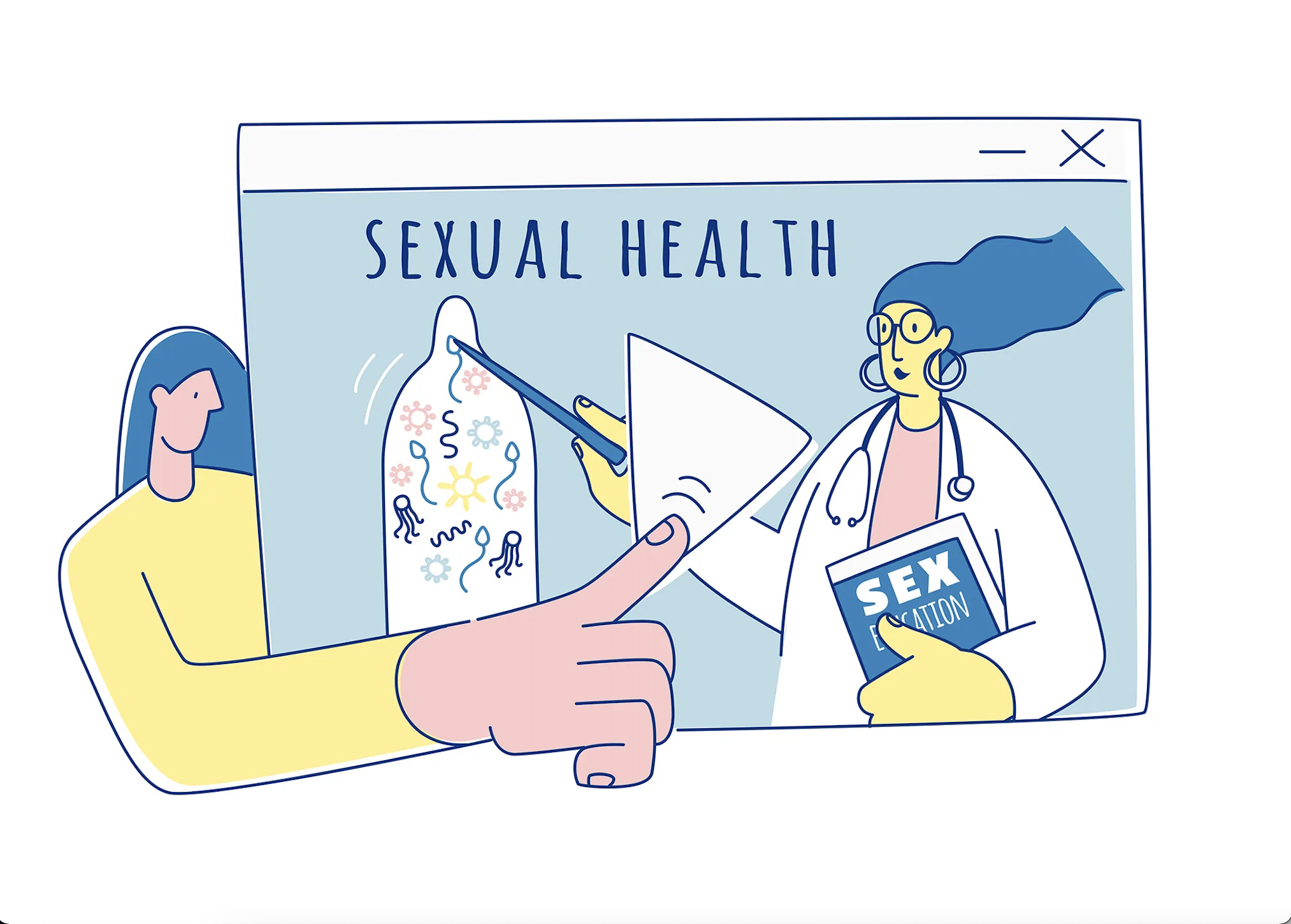Sexual Conservatism : How Conformity of Comfort Limits the Human Race
Photo courtesy of Shondaland
Sex has always been an uncomfortable topic, one deemed too scandalous to acknowledge publicly until quite recently in our society’s lengthy history. While, by historical standards, our world has actually taken a rather progressive stance on sexual education (in the sense that it is allowed to be discussed at all in academic settings), humanity’s time spent in an environment where sexual conversations were forbidden continues to influence current opinions on the matter. Sexual conservatism is a concept often assigned with older generations, but much of the squeamishness observed amongst younger individuals exposed to sexual themes reflects the continued presence of restriction of comfort placed on dialogue concerning sex. This statement does not, of course, condemn those who are uncomfortable with sex as being inherently biased against the topic, but instead reveals the negative side-effects of limiting society’s access to comfort surrounding sex.
At the end of the day, intercourse and sexual health are entirely natural instances of the human experience, and the only reason we see them as a private, delicate, or scandalous matters is because we have been instructed to view them as so. At one point in the distant past, it was decided that sex as a whole should be concealed from public spheres, limiting its existence to society’s dark underworld, which, unfortunately, similarly condemned anyone assigned with such matters. Continued discrimination against sex workers or sexual performers mirrors this historical reality, as recurring issues surrounding fair pay, proper laws to protect denizens of said industries, and general disdain maintained for these people reveals how influenced we all are by hundreds of years of sexual repression. This similarly affects our collective access to sexual education, as the relatively new presence of sexual health courses in schools has unfortunately done little to aid developing individuals in understanding themselves, their anatomy, or safe-sex practices. A lack of understanding surrounding sex impacts everyone, and, since most teenagers are resigned to learn about sex by way of their peers or the internet, there is no way to consistently curate the content such individuals are consuming. This has generated rampant sexism, instances of sex-based criminal activity, and increased rates of STD transmission/unexpected pregnancies, all products of society’s inability to foster comfort surrounding one of life’s most natural processes.
Ideally, a world that embodies total sexual progressiveness would be one in which sex is often forgotten about, much in the same way that the act of brushing one’s teeth is given very little thought throughout the day. Sex is entirely natural, and the fact that it is even considered a sensitive topic of conversation indicates how our collective social values directly contrast normal, natural, and healthy desires. If sexual education was offered freely and effectively, society could function freely and effectively, as we would have eliminated yet another factor which limits our growth and understanding of each other as human beings. History has revealed that when we attempt to restrict the identity of others or shelter them away, we typically foster resentment and conflict, and the desire for sexual freedom is no different. Those who limit its presence fear the perceived negative effects sexual conversations could have on society as a whole, believing them to be a corrupting and profane influence. However, a world in which sex can be experienced openly and safely is one synonymous with the happiness and comfort of those who live in it, a future our descendants can most certainly enjoy if we are ever to reach such a point.
